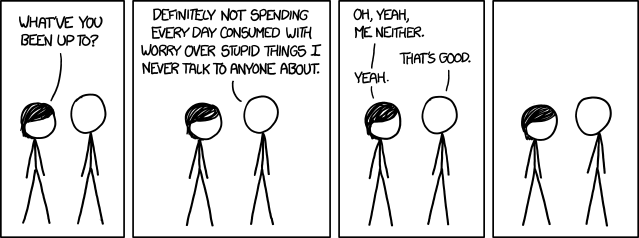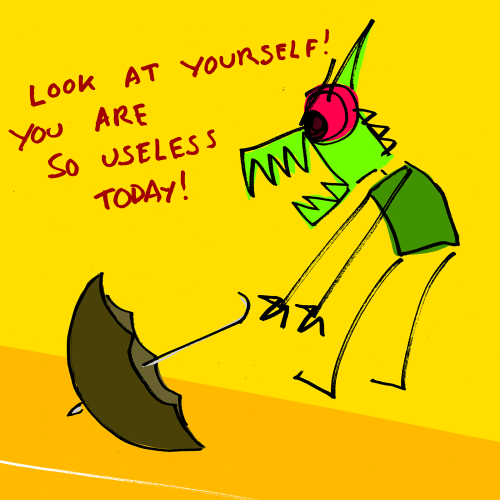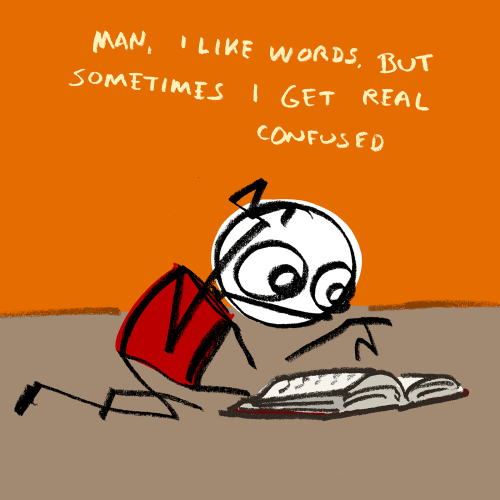 Earlier on SocImages, Lisa Wade drew attention to the tourism industry’s commodification of Polynesian women and their dancing. She mentioned, briefly, how the hula was made more tourist-friendly (what most tourists see when they attend one of the many hotel-based luaus throughout the islands is not traditional hula). In this post, I want to offer more details on the history and the differences between the tourist and the traditional hula.
Earlier on SocImages, Lisa Wade drew attention to the tourism industry’s commodification of Polynesian women and their dancing. She mentioned, briefly, how the hula was made more tourist-friendly (what most tourists see when they attend one of the many hotel-based luaus throughout the islands is not traditional hula). In this post, I want to offer more details on the history and the differences between the tourist and the traditional hula.
First, Wade states that, while female dancers take center stage for tourists, the traditional hula was “mostly” a men’s dance. While it has not been determined for certain if women were ever proscribed from performing the hula during the time of the Ali’i (chiefs), it seems unlikely that women would have been prevented from performing the hula when the deity associated with the hula is Pele, a goddess. Furthermore, there is evidence that women were performing the dance at the time of Captain James Cook’s arrival in Hawai’i.
Second, while the traditional dances were not necessarily sexualized, they were very sensual. The movement of hips and legs that are seen as sexual by some visitors, and showcased as such by the tourism industry, certainly existed in early practices.
In fact, the supposedly lascivious and blasphemous nature of the hula prompted missionaries to censure the public practice of hula, and in 1830 Queen Ka’ahumanu enacted a law prohibiting the public performance of the hula. This law was highly ineffective, however, and when King Kalakaua ascended the throne he actively encouraged public hula performances and other expressions of Native Hawaiian culture, earning him the moniker “Merrie Monarch.”
Eventually, a modernized dance emerged that did not incorporate much religiosity and employed modern music rather than chants. This is closer to what you would find at a hotel luau, but differs drastically in costuming and lacks the uncomfortable cloud of objectification associated with hotel-style hula (that is, the focus is on the dance rather than the dancers). Below are some examples of the evolution:
Hula (ladies’ dance, traditional):
Hula (men’s dance, traditional):
Hula (contemporary):
These examples of hula, and other Polynesian dances, are vastly different from what one finds in a hotel’s “Polynesian Revue” luau.
Hula (hotel):
In conclusion, it is true that the hula dances, and other dances of Polynesia, have been usurped by the tourism industry and commodified. The culturally authentic forms, however, still thrive. Native dances are impressive enough without the ridiculous costuming and disrespectful bending of the islands’ histories seen at hotel luaus; unfortunately, it is difficult to find any culturally sensitive displays of Polynesian culture due to the huge influence of tourism over these locations.
*The information in this post was gleaned from various courses I’ve taken at the University of Hawai’i at Manoa. For more information on hula and the commodification of the Hawaiian culture, see Haunani-Kay Trask’s From A Native Daughter.
Sarah Neal is currently working on obtaining her M.A. in English at North Carolina State University.
(View original at http://thesocietypages.org/socimages)




